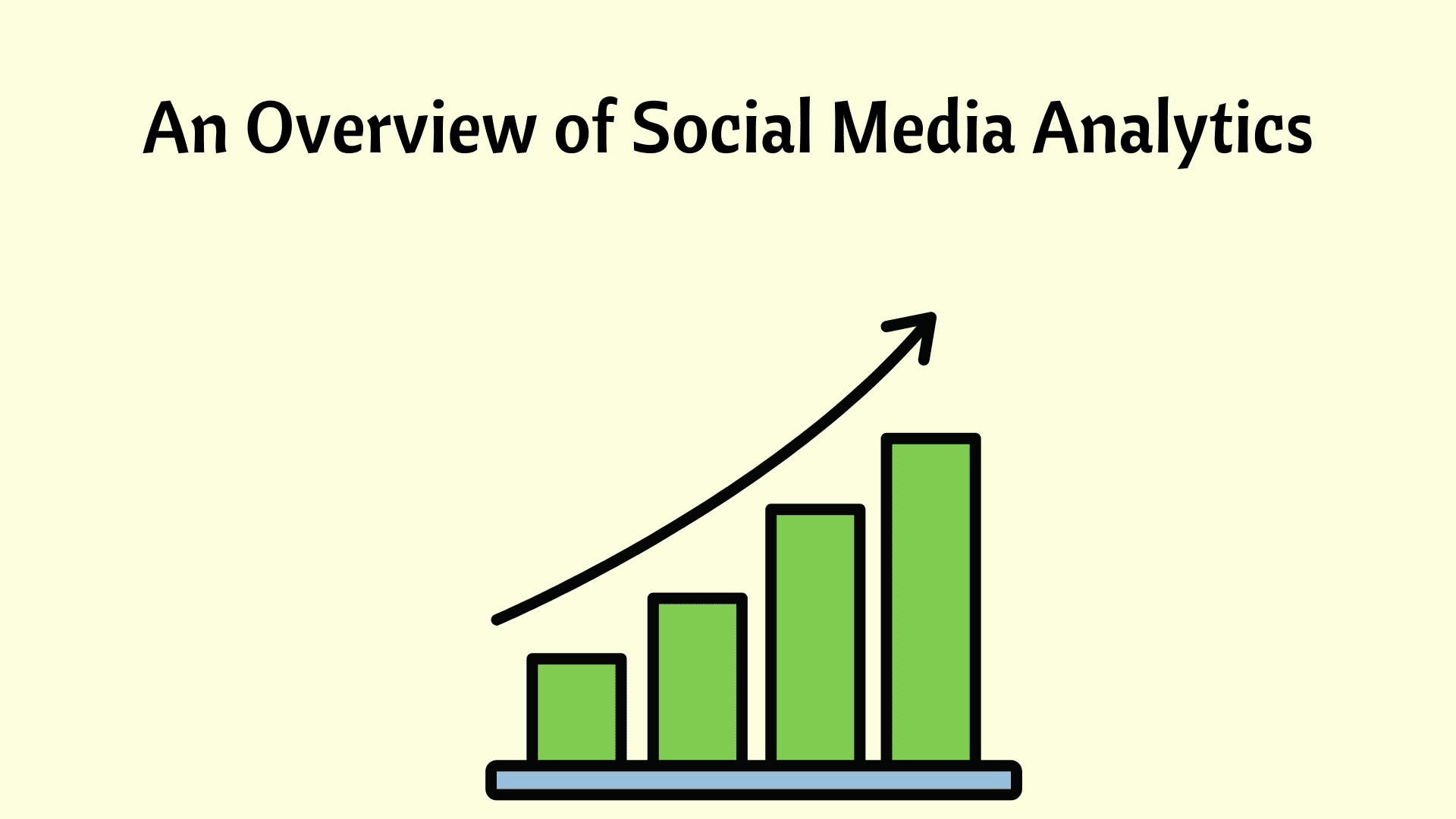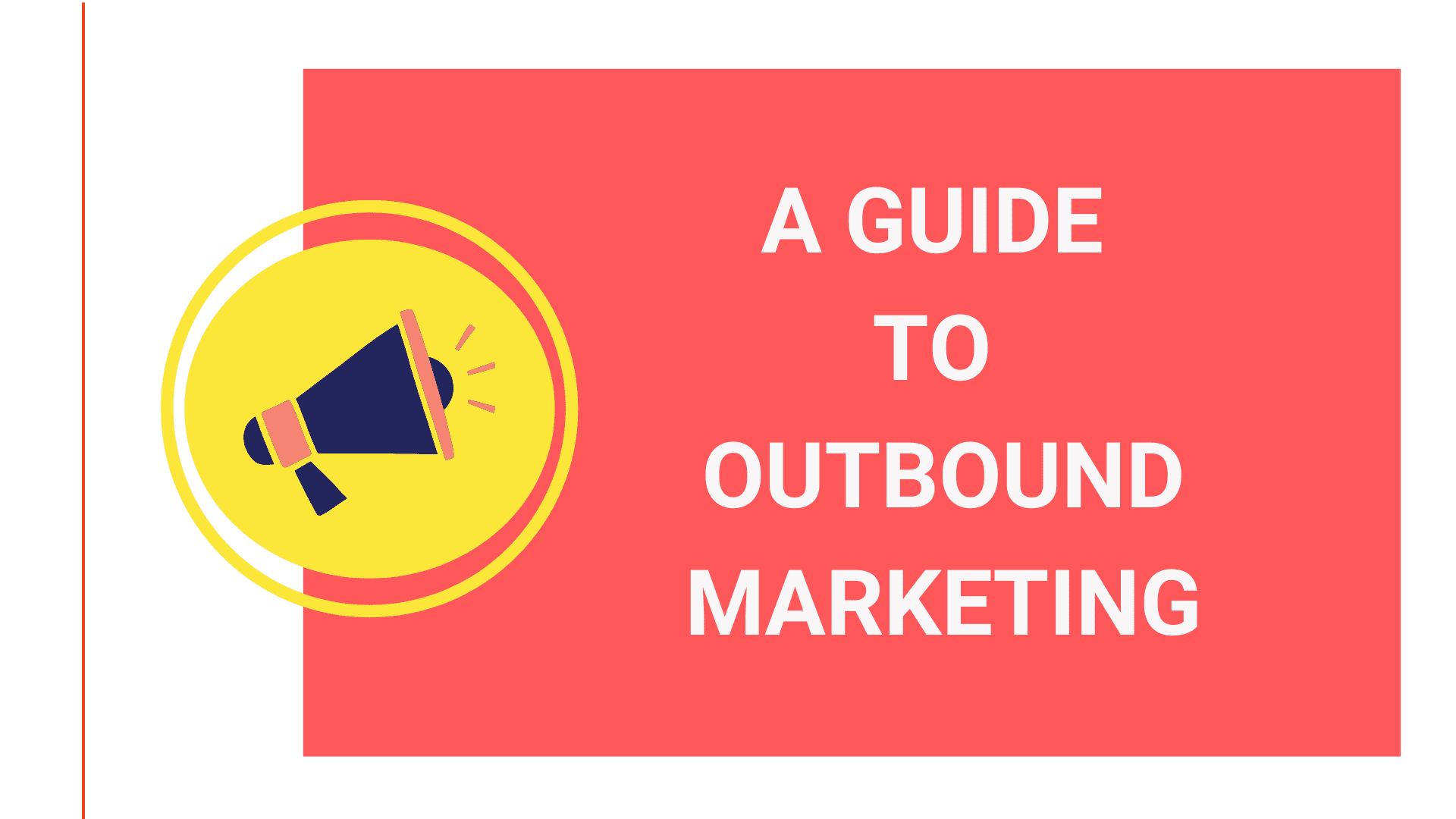

Social media plays an essential role in marketing as around 518 billion people use social media. Therefore, brands need to have a digital presence. Businesses use social media to sell, market, and engage with their target audience. For businesses to attract the right customers they have to see the likes and dislikes of their customers. Social media analytic tools help businesses to track performance and know if the content that they have curated is working or not.


Social Media Analytics- Introduction
- What is Social Media Analytics?
- Why should businesses use Social Media Analytics?
- Types of Data
- Audience
- Engagement
- Types of Social Media Analytics
- Descriptive Data
- Diagnostic Data
- Predictive Data
- Prescriptive Data
- Social Media Listening
- Benefits of using Social Media Listening
- Conclusion
Let’s understand, What is Social Media Analytics?
The data is collected from social media channels like Facebook, YouTube, LinkedIn, Instagram, Twitter, Reddit, and Pinterest. The information that is gathered is utilized to make various business decisions and see if campaigns are working.
Why should Businesses use Social Media Analytics?
- Social media analytics is way beyond likes, comments, and reposts. The collected data helps businesses/ brands understand how customers feel and interact with their brands.
- Suppose, if the content is not working, you can optimize your social media strategy with the help of analytics.
- Companies that care about their customers combine customer experience and social media analytics. The data is gathered using social media analytics which helps them to improve the customer experience.
- It also helps businesses to see if any consumer trends are going on.
- Consumer trends are crucial to businesses as it helps them to understand what customers want, and their likes and dislikes. It can help you to achieve success and reach your goals faster.
- Performance can be measured on every social media campaign on each channel. Each channel has its pros and cons which help marketers to understand what needs to be changed. Every channel has its insights and engagement rate.
- For example, Facebook lets you know when is the right time to post, the engagement rate, how many people it reached, audience-where they stay with, gender, etc.
- Businesses spend a lot of money on advertising, campaigns, and marketing. Hence, it’s crucial to track and measure the ROI on investments. ROI lets businesses know that it’s working.
- It helps businesses/brands to understand their target audience and on which platforms they are most active.
- It helps you identify what type of content works. For example, Carousels may not work for your brand.
Types of Data that are available:


Types of Data1. Audience:
Social media gives you an analysis of how many people have followed you. It also lets you know the gender of your target audience and where your target audience stays.
2. Engagement:
It lets you know how many people are visiting your page, the reach of the posts, leads, impressions and how many people like and interact with your brand.
There are four types of Social Media Analytics:


Types of Social Media Analytics1. Descriptive Data:
This type of data tells you what has happened in the past. It helps you understand if it’s working or not. Looking at this data, companies can change their strategy accordingly.
2. Diagnostic Data:
Diagnostic data helps you to understand why it happened. For example, one of your posts didn’t work so you lost a couple of followers or reels helped you get more followers.
3. Predictive Data:
Collecting this type of data will help you to understand future events. What will happen ahead or why will it happen in the future?
4. Prescriptive Data:
This not only predicts what’s going to happen ahead of time but also gives you a solution to the problem.
Other than using social media analytics, businesses should also utilize social media listening.
What is Social Media Listening?
It’s the process of identifying what people are saying about your business, products and services. With the help of this data, brands can improve their products and services or increase their brand reputation.
It involves two steps: Monitoring and Action.
It’s important to keep an eye on what’s going on and accordingly, action should be taken.
Social Media Listening can be beneficial for your business.
1. It lets you know what people are saying about your brand. If your target audience is facing any issue, you must listen to them. It helps to increase goodwill and increase brand reputation. It’s good to engage with your target market as it lets you know their likes and dislikes.
2. It helps you to see if any consumer trends are going on. Consumer trends are crucial for businesses as they may pave a way for opportunities.
3. In case your business goes through a rough period, social media listening will help you to understand what your consumers are feeling and what can be done next.
4. You can also see how your competitors are doing and identify their weaknesses and strengths and work on them.
In conclusion, brands should use social media analytics and listening as it can help them in many ways. It helps businesses to improve and reach closer to their goals with the help of the data that social media provides them.

